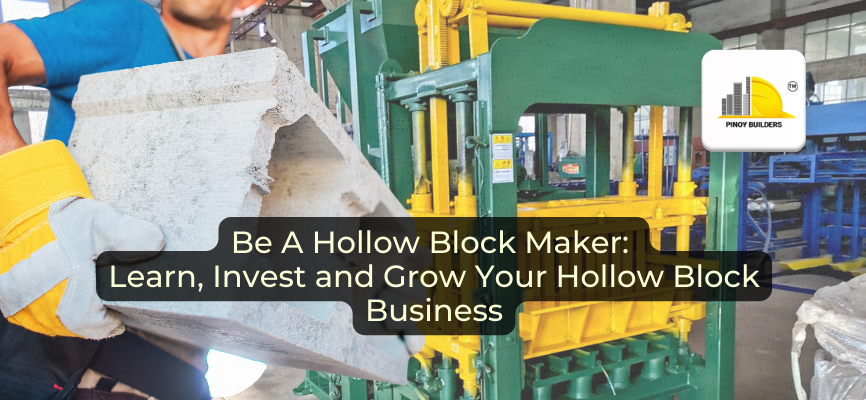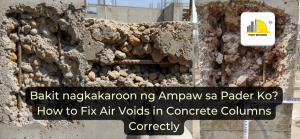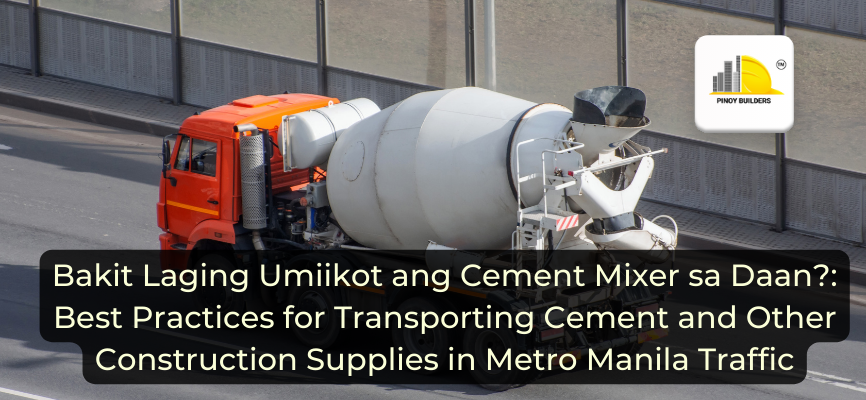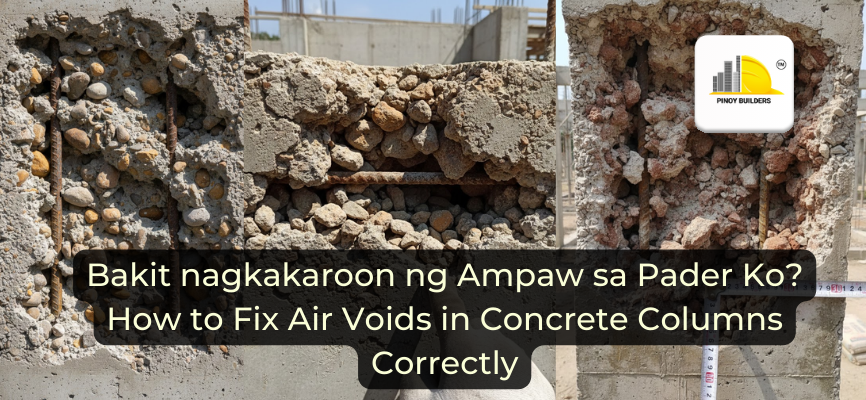The hollow block industry plays a crucial role in modern construction. These materials are a versatile and cost-effective solution for building durable structures. Due to their lightweight and insulating properties, they are essential in constructing everything from residential homes to large commercial buildings.
If you’re considering diving into this thriving market, here’s a guide to help you get started, from choosing the right blocks to launching your own hollow block-making business.

The Best Hollow Blocks for Construction
When it comes to hollow blocks, several types are commonly used in construction. Each of these types is chosen to be suited to the different needs of the project.
- Concrete hollow blocks – these types of blocks are the most traditional choice. Concrete hollow blocks are known for their strength and durability.
- Lightweight blocks – These types of blocks are often made from materials like expanded clay aggregate, and are ideal for reducing the overall weight of a structure while maintaining adequate strength.
- Insulated hollow blocks – used to provide excellent thermal and acoustic insulation which are perfect for energy-efficient buildings.
To ensure you select the best hollow blocks for your project, consider factors such as durability, strength, and insulation properties.
- For residential construction, high-quality concrete or insulated blocks might be preferable.
- For commercial projects, durability and load-bearing capacity become more critical.
Adhering to best practices, like choosing blocks based on specific construction needs, will ensure the longevity and efficiency of your build.
How to Properly Install Hollow Blocks
Proper installation is key to maximizing the benefits of hollow blocks. There are two primary methods for laying hollow blocks: alternating and stacking. The alternating method, where blocks are staggered, provides better stability and is often used for structural walls. The stacking method, where blocks are laid directly on top of each other, is suitable for non-load-bearing walls.

Applying mortar correctly is essential for a strong bond between blocks. Use a trowel to spread an even layer of mortar on each block, ensuring it covers the entire surface to prevent gaps. A level should be used to maintain alignment and prevent uneven surfaces. Common mistakes include improper mortar application and neglecting to check for levelness, both of which can compromise the wall’s integrity. Avoiding these errors will ensure a stable and durable construction.
Starting Your Hollow Block-Making Business
Starting a hollow block-making business requires careful planning and investment. The initial costs include purchasing equipment such as block-making machines, molds, and mixers, as well as raw materials like cement and aggregate. You need to prepare a big fund for these materials. A hollow block-making machine can cost from ₱50,000 to ₱200,000.
Additionally, you’ll need to secure permits and adhere to local regulations. Back in 2019, former President Rodrigo Duterte mandated the addition of hollow blocks to the list of products with mandatory certification implemented by DTI-Bureau of Philippine Standards. Failure to comply, produce, and distribute subpar hollow blocks can lead to the revocation of the business license.
Apart from all of the technicalities, learning the trade is crucial for success. You can seek out training programs, online courses, or industry workshops to gain a comprehensive understanding of block production techniques. Above all, you should put a lot of focus on creating a solid business plan that works best for your business objectives. This may include budgeting and marketing strategies that will provide a roadmap for your business’s growth and sustainability.
Building Your Business
Starting a hollow block-making business can be a rewarding venture with the right knowledge and planning. You can establish a successful and profitable enterprise by understanding the types of hollow blocks, mastering installation techniques, and carefully planning your business. Embrace the opportunity to contribute to the construction industry with quality products and a well-thought-out business approach.
References
DTI. (n.d.). PRRD orders inclusion of hollow blocks in the list of products with mandatory certification – DTI chief. DTI. https://www.dti.gov.ph/archives/news-archives/prrd-orders-inclusion-of-hollow-blocks-in-the-list-of-products-with-mandatory-certification-dti-chief/
Hollow Blocks Business Plan – BESS. (2023, July 10). Block making machines and concrete molds – BESS. Retrieved July 30, 2024, from https://bessconcreteblockmachine.com/hollow-blocks-business-plan.html










